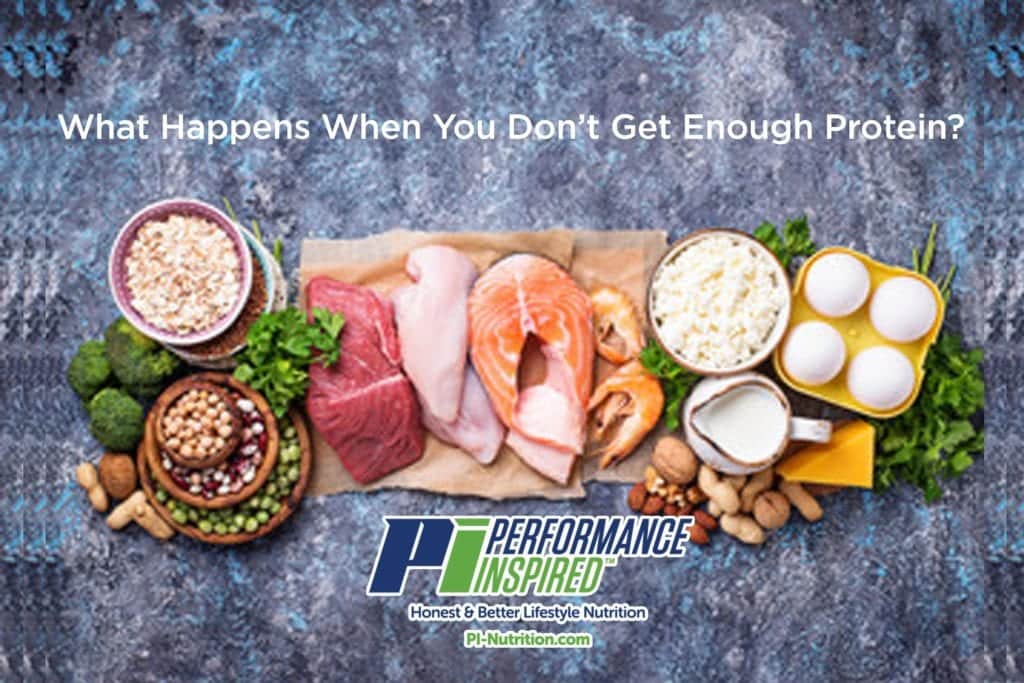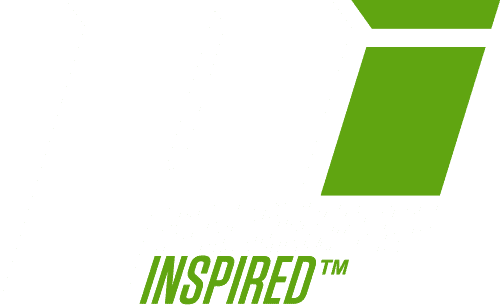What Happens When You Don’t Get Enough Protein?

Adding protein to your diet is important for many reasons and muscle isn’t the only tissue in your body that protein helps build. Protein is an important component for proper cell functioning and provides the essential amino acids that keep our bodies up and running. The problem is, though, that some of us aren’t getting as much protein as we should be. Here is what happens when you don’t get enough protein.
You are Always Hungry
Meals that contain protein leave you better satiated than those that rely on carbs and fat alone. If you eat regular meals but are still hungry, you may need more protein. Studies have found that eating protein-rich foods helps you feel fuller throughout the day.
Your Metabolism Slows Down
A low-protein diet leads to muscle loss, and as a result, a slower metabolism. Although metabolic rate inevitably slows during weight loss and continues to be slower during weight maintenance, evidence suggests that higher protein intake can minimize this effect.
Your Body Starts Swelling
One of the most common signs that you’re not getting enough protein is swelling, especially in your abdomen, legs, feet, and hands. Protein plays an essential role in maintaining salt and water inside your blood vessels and ensuring that fluid doesn’t make its way into the tissues.
You Get Sick Easier
Although you can’t craft a diet that will guarantee you an illness-free life, eating an adequate amount of protein is a good way to start. You can get healthy protein from meats, poultry, fish, dairy, nuts, grains, lentils, and more!
In order to maintain a healthy and active lifestyle, a minimum of 10% of your daily calories should come from protein. For optimal health, include protein-rich foods in every meal.
The bottom line is: Make sure you are adding protein to your diet so you are getting enough of it. Your body will thank you!


